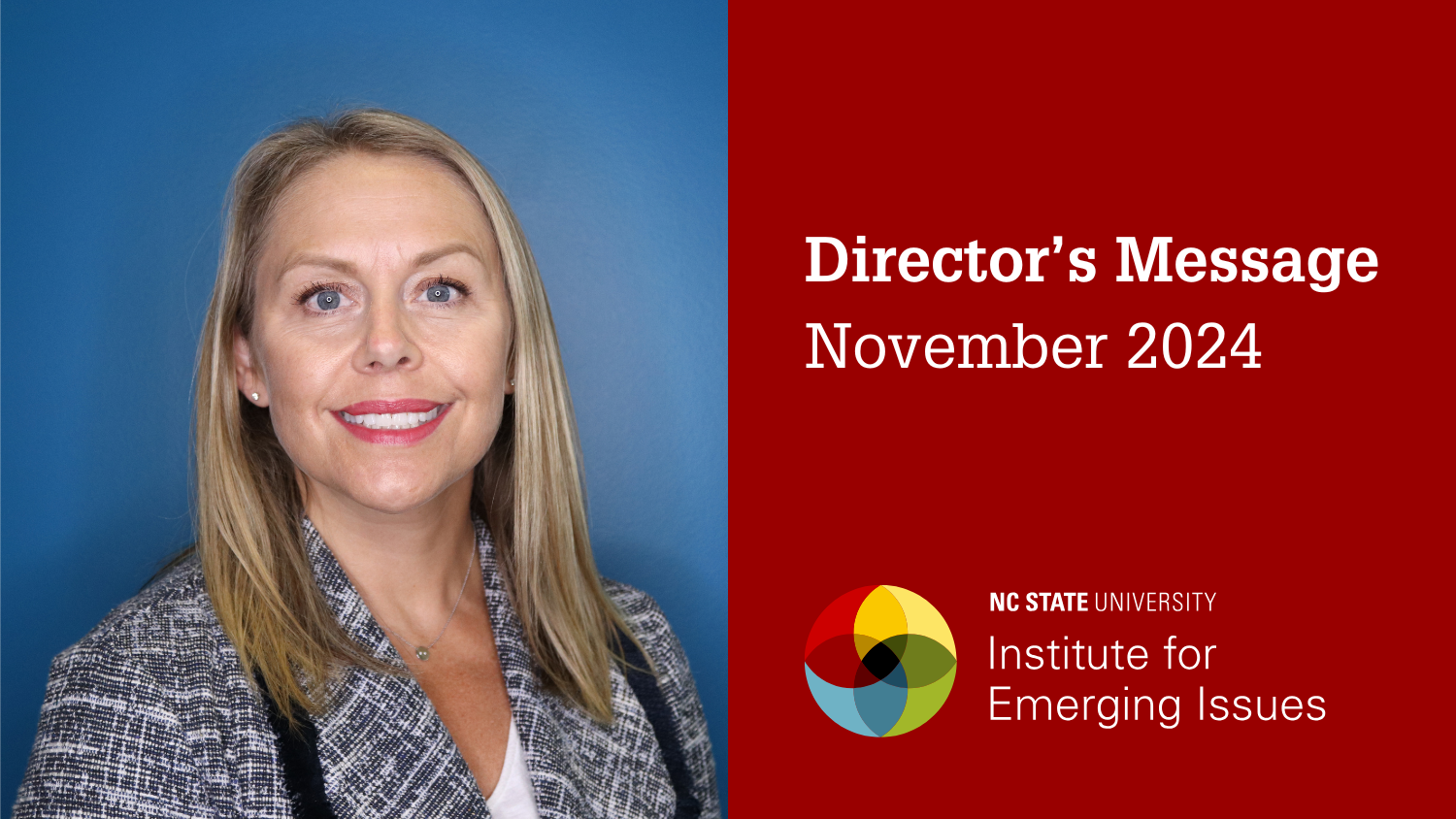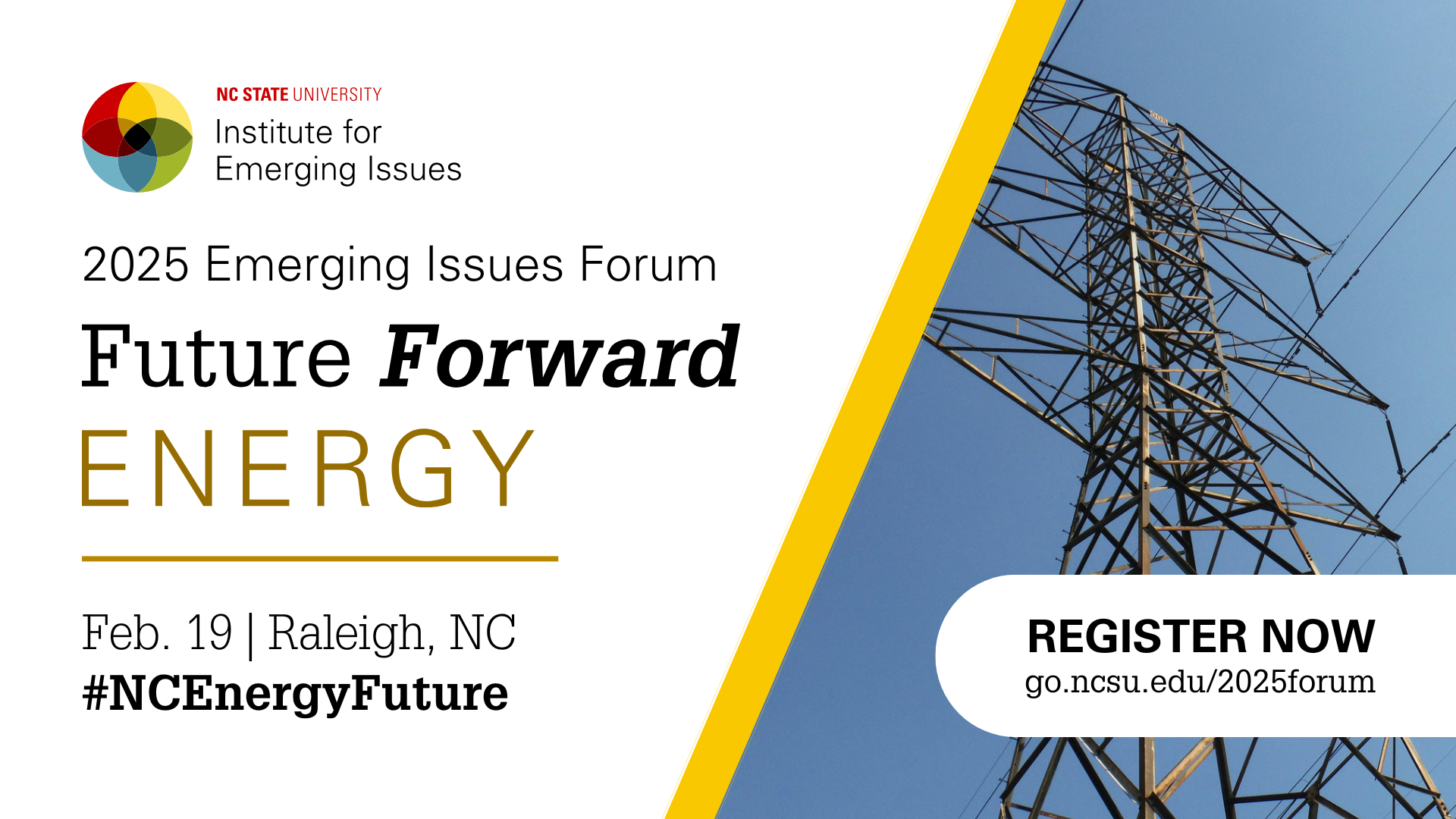Being a Good Neighbor During a Pandemic
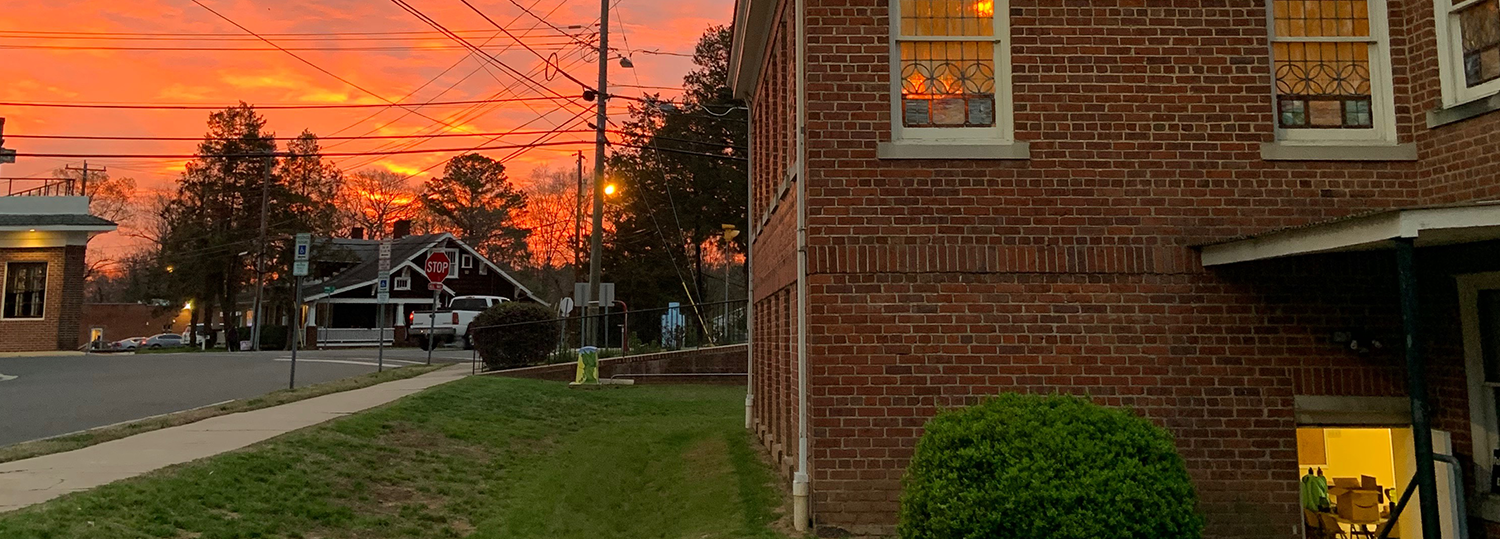
Like many people, this is the first week of rapid response efforts in every area of my life.
Professionally, we on the rural faith team at IEI are checking in with faith partners and leaders and will have some of the next steps for collecting best practices next week.
Personally, my neighborhood has been my top priority. I’ve lived in Durham, NC in the Lakewood neighborhood for three years and have been part of a collective that partners with local families for a while. For a few weeks, we’ve been brainstorming how to best support and connect around 30 families we know.
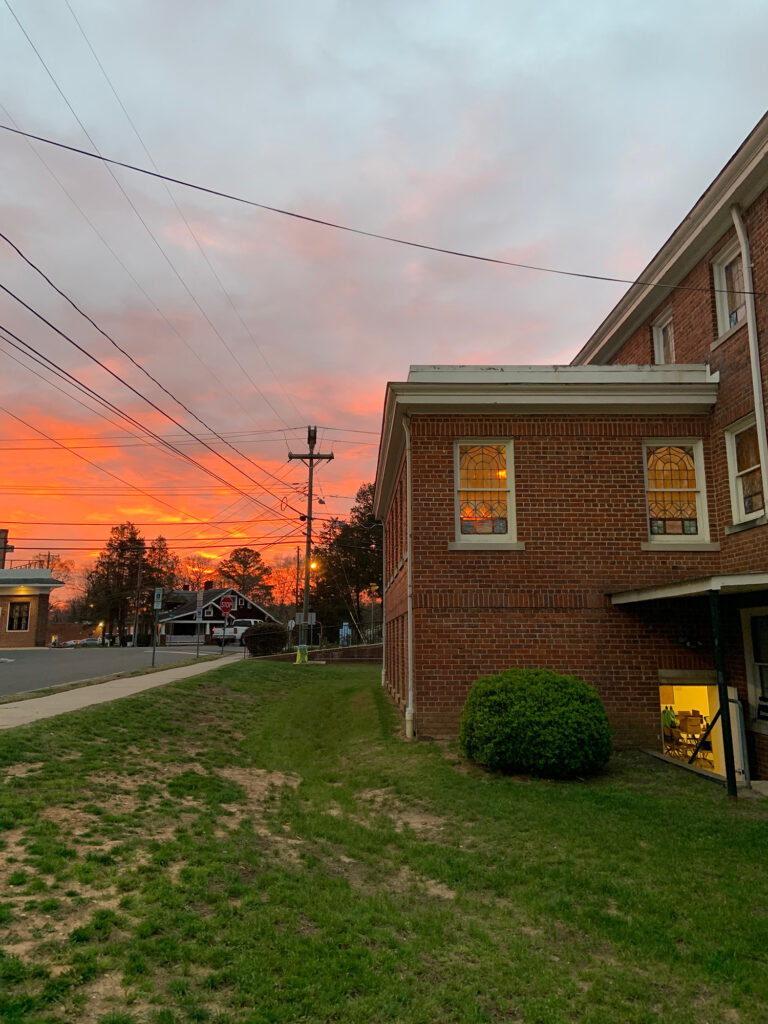
This week, we’ve branched out and included everyone possible in our neighborhood.
Across the country, many forms of “mutual aid networks” are building or forming for rapid response to immediate and longer term needs. Mutual aid is not supposed to be a charity model. Instead, it’s supporting each other as neighbors in moments where we might not have access to usual support systems.
What does that look like for us right now?
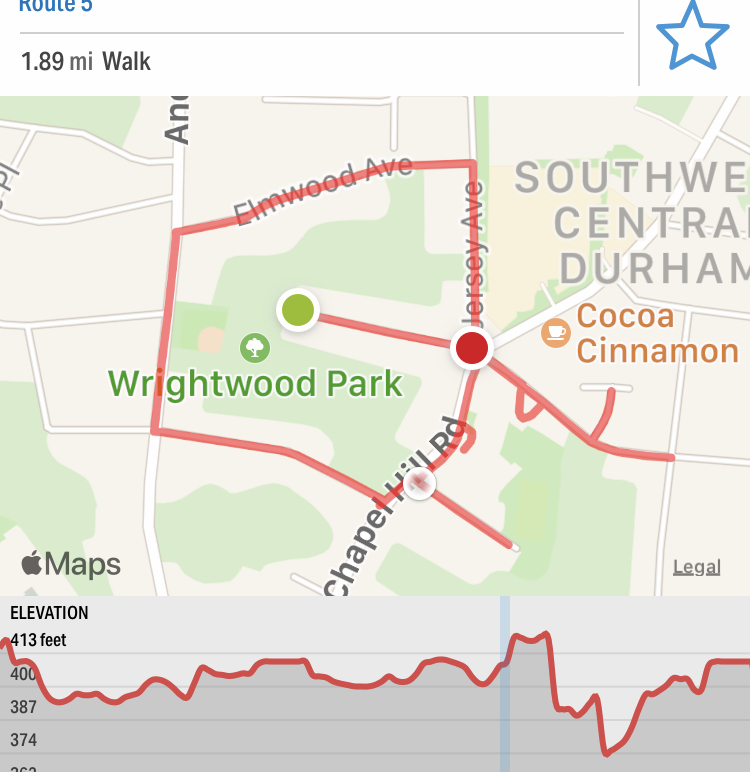
- Trying to map out blocks in our neighborhood, like many neighborhoods across Durham are already doing
- Trying to get as many neighbors to fill out a survey to see where we are, how to connect, what we need, and what we can give
- Providing a phone number to connect for those without internet or devices
- Putting up flyers in English and Spanish around the neighborhood to encourage people to take the survey
- Painting donated yard signs and writing the URL of the survey and placing at high-traffic intersections
- Talking to neighbors at least 6 feet apart while on our walks around the neighborhood
- Asking neighborhood businesses, schools, non-profits, and restaurants to send out the link to their social media and email lists
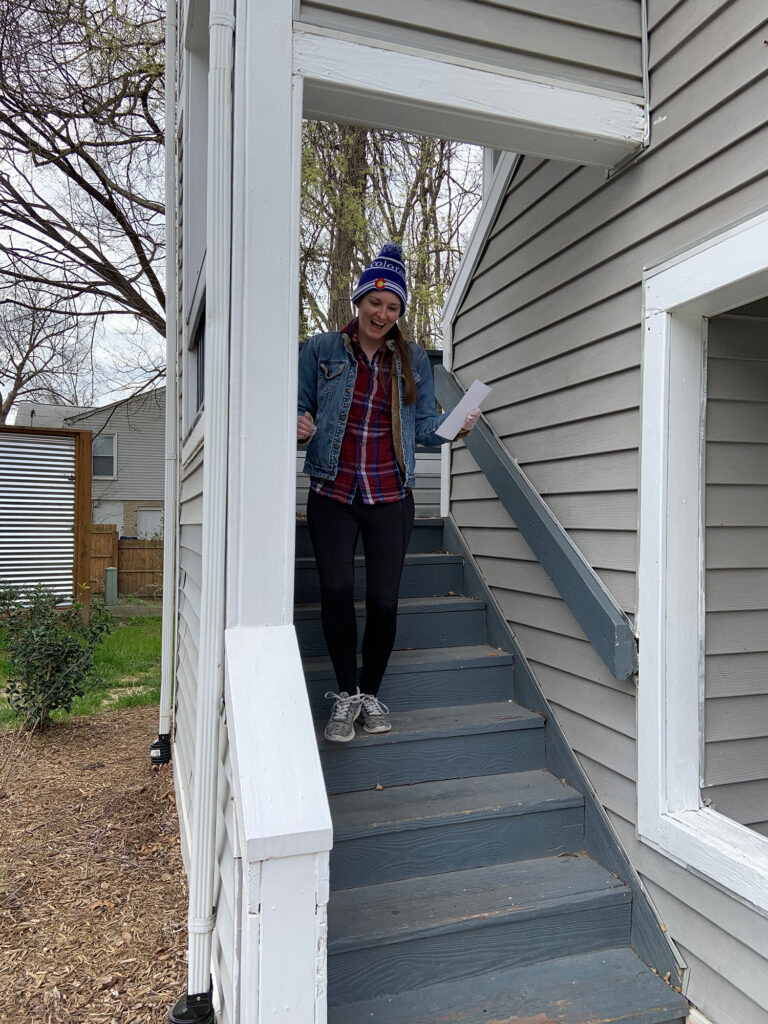
We don’t know what the next few hours, days, and weeks will bring. We can gather as many neighbors together virtually to support each other mutually, and that work is vital right now.
We’ve had over 60 neighbors fill out our survey, and the next stop is having those that volunteered to be Block Communicators make sure they can start to hyper-organize taking care of each other on their own block. Things seem less overwhelming when you think, “how are people in my family, my work, and my block doing?” versus… everything. We can only do so much, and our neighbors need us. We need our neighbors.
Is that ReCONNECTing or what?
Kylie Foley
Rural Faith Communities Program Manager
emergingissues.org/faith
kdfoley@ncsu.edu
- Categories:

